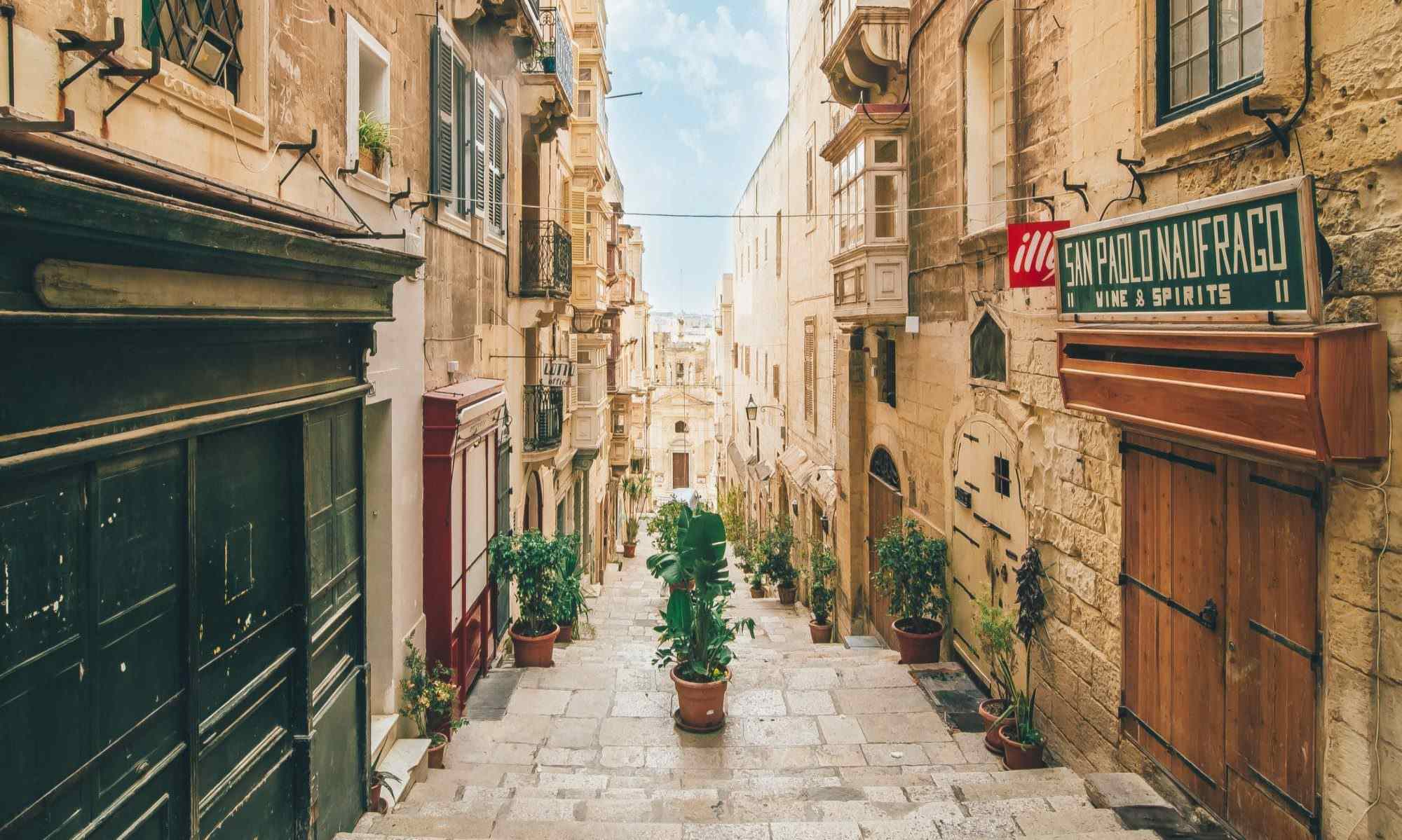Despite the pastoral scenery surrounded by beaches and endless views of the ocean, Malta is very much a modern European economy.
That means a sophisticated tax system with a number of different tax regimes, which apply to foreigners, residents and citizens of Malta.
Sophistication can be a good thing (even if you’re not a tax advisor) because it allows the government to use taxes to have positive effects on your way of life. But the complexities of Malta’s tax code can get a bit frustrating at times.
Below is a straightforward and easy-to-understand guide to what you need to know to stay on the good side of Malta’s tax department. From double tax treaties to VAT to Malta’s inheritance tax, we’ll cover it all here. Continue reading “Malta’s Tax System Explained”





